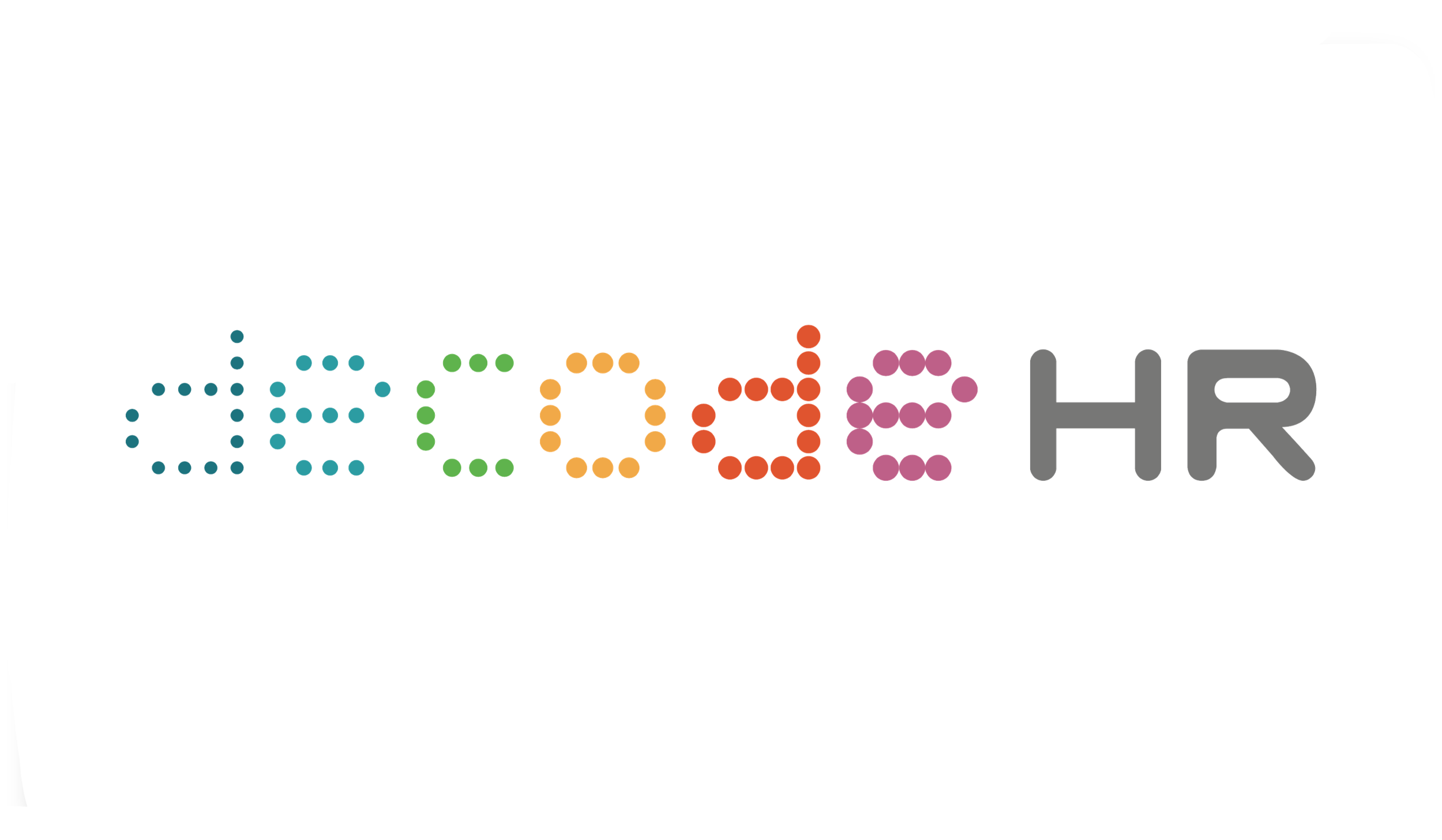More Bite-Sized and Culturally Nuanced Mental Health Solutions for the Workplace
Reading time: 5 mins
The mental health pandemic remains a concern even in the aftermath of Covid-19 lockdowns, and wellness solution providers are calling for more bite-sized, individualised and culturally nuanced solutions.
The World Health Organization estimates that the global population suffering from anxiety and depression increased by 25 per cent in the first year of the Covid-19 pandemic. Southeast Asia has traditionally shied away from discussions concerning mental health, but the region is not immune to the problem.
A study conducted during the pandemic by Singapore’s Institute of Mental Health showed that 8.7 per cent and 9.3 per cent of Singaporeans suffered respectively from depression and anxiety. In Malaysia, recent research found that 1 in 3 Malaysians deal with mental health conditions, and in Thailand, suicide rates experienced a noticeable increase after the start of the Covid pandemic.
Now that Covid-related concerns seem to be easing up, mental health appears to be the next big challenge. “We have sorted out the physical health aspects of Covid-19, but the mental health aspect of it has not changed,” said Antoinette Patterson, the CEO and co-founder of Safe Space, a digital mental healthcare provider. It partners with companies to offer employees accessible wellness solutions that may include both digital and face-to-face therapy.
She explained, “You're still isolated, you're still grieving if your loved ones have passed on, you're trying to re-adjust going back into the workforce.”
CULTURE MATTERS
In designing solutions to address mental health, however, research by the start-up shows that cultural differences must be considered. Their findings demonstrate, for example, that the utilisation for global hotline Employee Assistance Programmes (EAP) tends to be low because cultural nuances are often ignored.
Antoinette explained, “The feedback is that it can be a frustrating experience if the call gets cut off, or the counsellor on the hotline cannot really understand what is happening in Singapore and is unable to give advice.”
To address this, Safe Space not only conducts research to understand the state of mental health across cultures. Its solutions offer access to a team of therapists who come from all over the world, including Singapore, Thailand, Vietnam, Dubai, Australia, and New Zealand.
“If you're an Asian employee, and you want to converse in the same language, we do have therapists that you can share your concerns with in your own native language. That way, the cultural nuance is more applicable when working with us,” she said.
The company is currently expanding across the Asia Pacific, Australia, New Zealand, and Africa, and its service offerings in global coaching and clinical care will be adapted to fit the cultural nuances of each region. It currently offers mental wellness support in more than 15 different languages and dialects.
CHANGING HABITS
But it’s not just culture.
Mental wellness providers now also need to factor in changing habits and attitudes and create solutions that are more accessible to those in need. The pandemic has accelerated the mainstream growth and adoption of digital solutions, and opened up more options for those in need.
“People can now choose the right channel for the right occasion—digital or in-person,” said Annie Wong, the head of marketing for wellteq, a health tech company that offers corporate health and wellbeing solutions. She pointed out that these choices can not only be more affordable but might also enable better patient outcomes and experiences.
She explained, for example, that having the option for online chats before progressing onto video chats allows greater flexibility and offers lower barriers to entry. “These growing, adaptable and accessible options help bring care to people where and when they need it sooner.”
PERSONALISED SOLUTIONS
A way forward for mental wellness providers would be to offer bite-sized solutions which companies can adopt, assess and adapt, instead of expensive, large-scale, one-size-fits-all wellness solutions. Examples would include online chats that provide 24/7 care, helplines with dedicated counsellors or educational workshops or courses.
For instance, wellteq offers a digital health coach in conjunction with the use of data-transmitting wearables. Users can input their daily activities including sleep patterns and movement, and based on these activities and their desired health focus, the coaching app will synthesise the data and make suggestions for improvement.
“We understand through our experience that when a journey is personalised and people feel that their needs and wants are met, they are engaged and open to communication,” said wellteq’s Annie.
At Promises Healthcare, a Singapore-based psychiatry and psychology clinic, help is available in the form of individual online coaching. The clinic also offers support via its EAP, and callers are directed to professionals that specialise in their specific area of concern.
Depending on the nature and severity of the problem, there are various levels of dedicated care that might include family or critical incident counselling. Not all cases, however, progress to this level of intensity. Bryan Robers, a counsellor with the clinic, said, “Short-term counselling can be helpful in enabling an individual to achieve solutions and problem-solving outcomes.”
CLOSER CONNECTION BETWEEN HR AND EAPS
HR managers are increasingly undergoing training to better understand and support their employees. Whether it is through leadership coaching to develop skills and competencies or addressing mental health concerns, the relationship between HR managers and mental health EAP providers is closer now than it was pre-pandemic.
Antoinette from Safe Space said, “While we saw a lot of adoption of mental health EAPs in 2020 since the start of the pandemic, a lot more acceptance is happening right now.
“At the end of the day, HR managers are responsible for the welfare of their staff. They don’t need to know the personal details of the staff, they just need to know, from an HR perspective, what the company can do to support the staff as a whole.”
THE GROWING IMPORTANCE OF COACHING
Finally, companies may want to consider a multi-pronged approach, said Evelyn Chow, Managing Director of DecodeHR. She advocates extending leadership coaching to those with leadership responsibilities in the workforce.
“Making coaching programmes available to leaders would make a real impact in supporting leaders in their mental wellness. When they are able to share their challenges with their coach and work on goals that they will own, albeit with support from their coaches and teams, leaders do not feel they are facing the battle alone.
“Change has been relentless and the need to pivot will certainly remain. Equipping leaders with the ability to self-diagnose and self-coach is essential. This can help give leaders the confidence and emotional and mental stamina to thrive in an environment fraught with change and uncertainly, not to mention growing expectations.”
Check out our articles on wellness:
Navigating the Great Resignation









